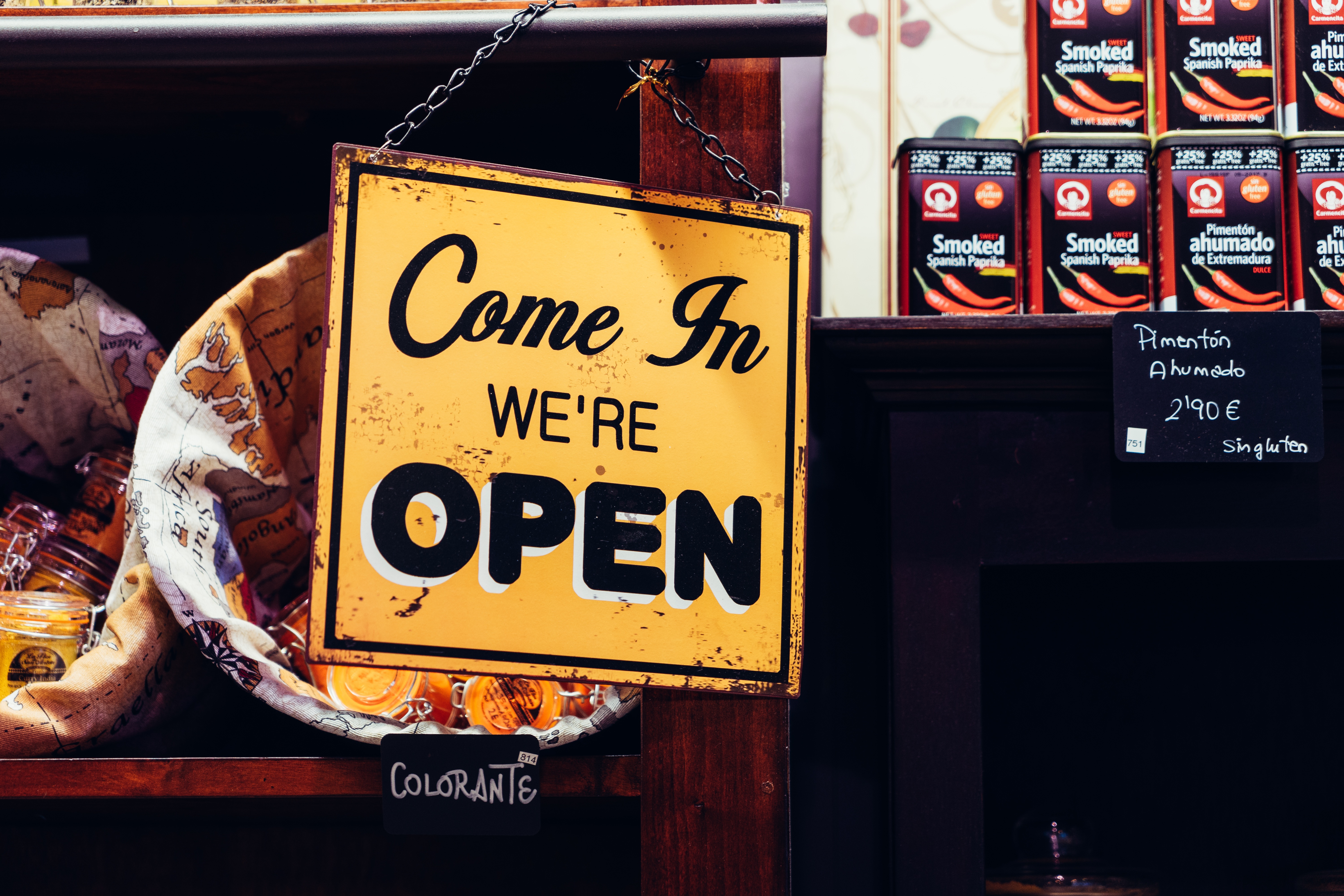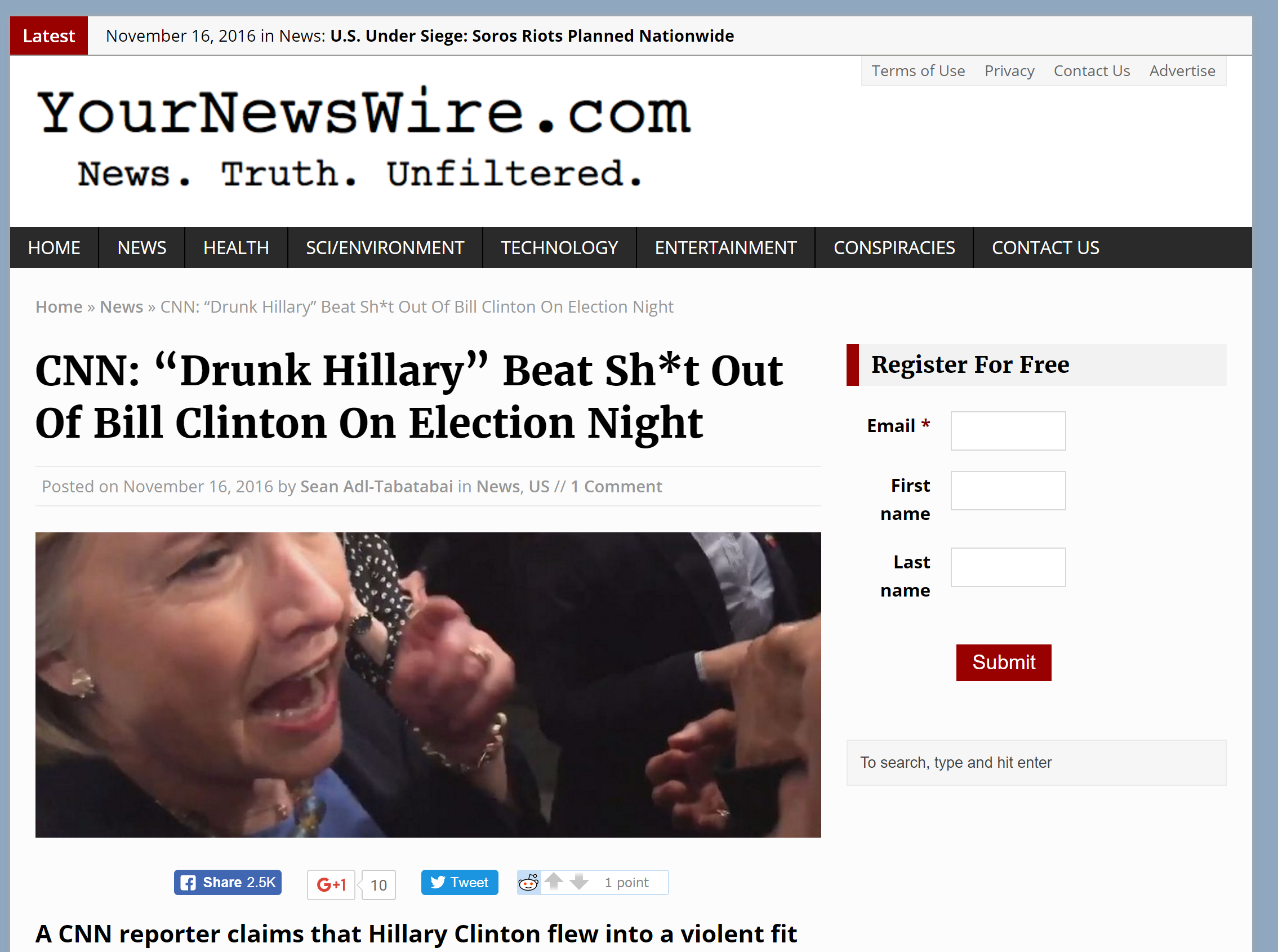The Filter Bubble: What it means for business (part 2 of 3)
By Lauren Old
While usually the term filter bubble applies to the news we see in our feeds on social media, this can also affect the content pushed out by businesses in both a positive and negative way.
Overview
If you don't know what the filter bubble is you can read about its history in The Filter Bubble: What is it?
Basically, the filter bubble refers to the algorithms used to identify patterns in social media use by its users to tailor content that it thinks they would like to see. This is based on all of the data the platform holds on you, including things like location, likes and shares, click and search history, and what your friends like and click on.
The positives for business
While controversy over whether the filter bubble is ethical as it narrows world views and impacts negatively on users' perceptions of reality, it can be good for business.
The way that the algorithms work means that content posted on social media by your business has a better chance of reaching your target customers, with minimal effort on your part, to achieve a better return on investment.
For instance, content you post on Facebook will show automatically on the timelines of users who follow your page. However, if these users have interacted with your content previously, or searched for you, you should appear near the top.
This also means that any posts your page is mentioned in, such as another user sharing a competition or video from your page, will show up higher on their friends' news feeds who are geographically close with similar interests. Great for regionally based or brick and mortar businesses.
The negative for businesses
While this is all well and good for driving business locally, or to a specific demographic, there is a downside.
The filter bubble can be hard to break out of for businesses who want to expand their location or target customers.
For instance, if you own a local clothes shop with one location and have just started selling online nationally, it can be difficult to widen the reach of your business page beyond your geographic location based on the people who already like your page and interact with your content.
As well as making sure your page is up to date and optimised to reflect these changes (by adding a 'buy now' option in the above scenario), the best way to widen your reach is with targetted social media advertising. Most platforms now offer boosted or sponsored posts that use very specific targeting to make sure you get the most for your money. You can narrow or widen your target user by gender, age, location and interests, making it easier to expand your own filter bubble.
Is it right to take advantage of the filter bubble?
Although personally I am against the impact the filter bubble has on social media users, it is a reality of utilising the channels available to promote your business.
While the filter bubble exists businesses should take advantage of the benefits but also be aware of the wider implications it can have on the distribution of information in a digital age.



